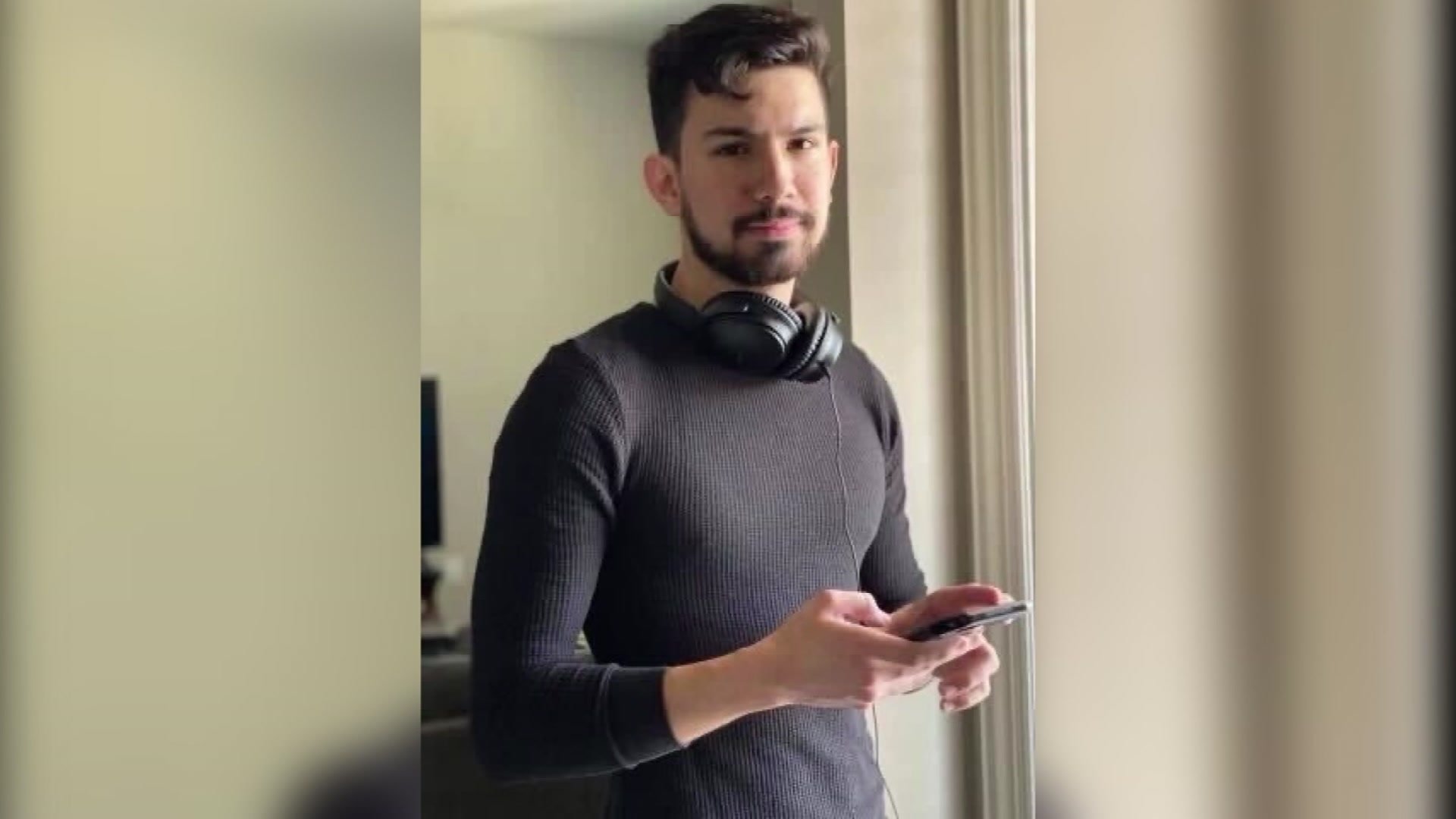
MedStar Mobile Healthcare has implemented a Resuscitation Quality Improvement Telecommunicator to deliver high-quality telephone CPR to patients experiencing cardiac arrest.
More than 350,000 out-of-hospital cardiac arrests occur in the United States annually, according to the American Heart Association.
Cardiac arrest is a life-threatening condition with about a 10-minute life expectancy without immediate CPR from a bystander.
According to MedStar, emergency medical service providers, on average, arrive on scene in seven minutes after a 911 call, so the chance of survival significantly improves when public safety answering point telecommunicators guide callers on how to perform CPR.
Get DFW local news, weather forecasts and entertainment stories to your inbox. Sign up for NBC DFW newsletters.
MedStar, the regional governmental agency that serves Fort Worth and 14 other member cities comprising the Metropolitan Area EMS Authority, recognizes the important role bystanders play in impacting out-of-hospital cardiac arrest survival with guided assistance from telecommunicators.
MedStar is the first public safety answering point in Fort Worth to adopt RQI-T, a blended educational and resuscitation quality improvement program that provides continuous, simulation-based learning, practice, and analytics to telecommunicators for delivery of high-quality telephone CPR to bystanders.
The program is co-developed by the American Heart Association, Laerdal Medical and the Resuscitation Academy Foundation and delivered by RQI Partners, the partnership between and service provider for the Association and Laerdal, MedStar said.
Local
The latest news from around North Texas.
"A telecommunicator who effectively engages the caller, identifies the cardiac arrest, and coaches effective CPR could double or triple the chances of survival from sudden cardiac arrest," Joe Merry, communications center manager for MedStar, said. "They are truly the first first responder. Our collaboration with RQI Partners and adoption of RQI-T will help assure that MedStar's 911 dispatchers are providing outstanding telephonic CPR instructions to on-scene family members or others who will then become bystanders/responders!"
Out-of-hospital cardiac arrest is a time-critical, life-threatening condition that requires high-quality performance, MedStar said.
According to MedStar, Research shows that continuous resuscitation training for telecommunicators can lead to an increase in out-of-hospital cardiac arrest survival rates and is essential to performing high-quality telephone CPR.
RQI-T is delivered through "low-dose, high-frequency" telephone CPR simulation sessions in 45 minutes every 90 days. The sessions are designed to improve telecommunicators' ability to rapidly identify a cardiac arrest and initiate lifesaving interventions.
MedStar said the simulation sessions are based on real-life emergency calls and provide immediate debriefing.
"We are pleased to work with MedStar Mobile Healthcare, an organization that shares our unwavering commitment to improving cardiac arrest survival rates," David LaCombe, RQI Partners' vice president of prehospital programs, said. "Every second counts during cardiac arrest events - patients have 600 seconds before death becomes irreversible. RQI-T will position MedStar's telecommunicators to competently, confidently and effectively provide high-quality telephone CPR to bystanders, empowering them as the first link in the chain of survival to help save more lives."
In addition to the telephone CPR simulation sessions, MedStar will employ the RQI-T program to measure 100% of the cardiac arrest calls processed by the agency and provide telecommunicators and administrators with feedback on where to improve lifesaving medical dispatch.
To learn more about MedStar Mobile Healthcare, visit medstar911.org. For information on the RQI-T program, visit rqipartners.com.



